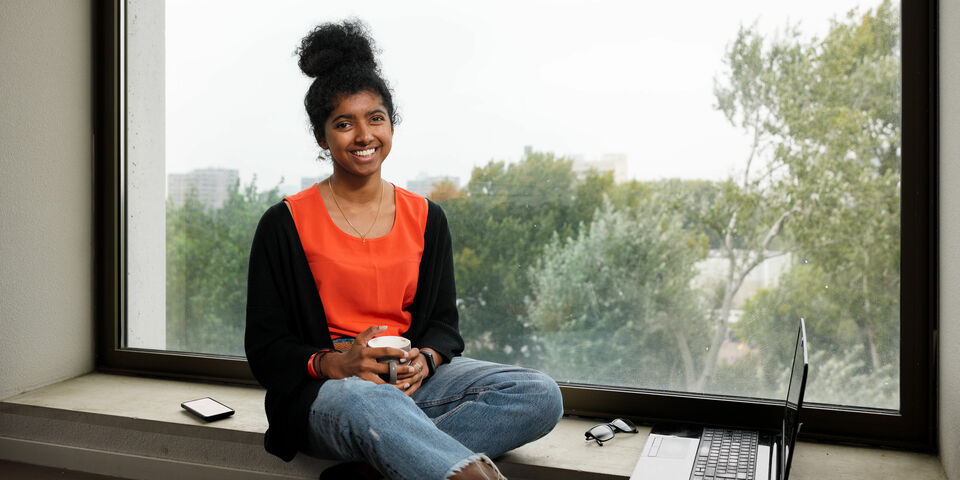Doomscrolling. Guilty or not?
As a species we have always been interested in other people’s lives, whether it be watching our neighbours from our gardens or scrolling through social media. In times of a pandemic this kind of nosy behaviour may have attained a new meaning.
In our family, my dad is our personal reporter on the daily Covid-19 statistics. When the number of daily cases drop - even slightly - his tone of speech sounds disappointing. As if he was desperately searching for worsening numbers. We may laugh at this but such endless behaviour of seeking saddening news has its own name: doomscrolling. And more than ever before, the pandemic has brought this fresh life.
Most of us are guilty of doomscrolling as we start and end our days with an act of the thumb swiping over our screens. What starts off as being a quick refresh of the feed, ends up being hours of gratifying scrolling. Many of us in fact realise that it may not be the healthiest habit, yet we catch ourselves engaging in it. Why?
In uncertain times like a pandemic, we seek out to gather as much knowledge as possible in order to protect ourselves and our near ones. How will my career look? Will I graduate on time? When can I see my family next? When will I get the vaccine? What starts off to be a search for answers, ends up being an overwhelming set of data we get caught in.
Unfortunately (news) headlines and social media platforms are designed in a way to cater our (unconscious) desire for an infinite amount of information. And unlike news hours watched on television, there is no set time limit for our endless scrolling, which proves to be dangerous, both physically and psychologically.
Is scrolling through socials truly nosy? Maybe not now. Perhaps we are looking for confirmations that others’ lives are not any more episodic than ours. This could be a relief for our exhausted minds which go through the daily monotonous activities. Perhaps we wish to update ourselves on what is socially acceptable these days. Posts conveying minimum human contact meets our expectations, but an outlier may cause disturbance for our minds.
We switch back and forth from Instagram to Twitter to Facebook seeking up to date information on current affairs - both personal and global. It may provide us a placebo effect of socialization in these lonely times. However, we ought to be careful in how deep we drown ourselves in this endless spiral of information.
Take care everyone :-)


Discussie